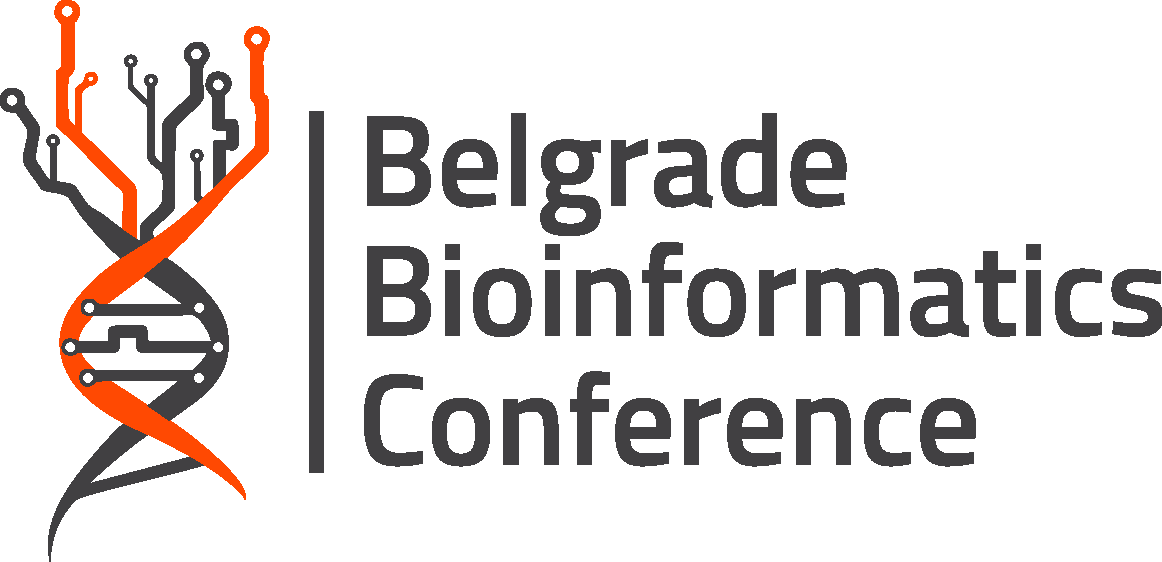Nataša Sladoje
Centre for Image Analysis, Department of Information Technology, Uppsala University, Uppsala, Sweden
natasa.sladoje [at] it.uu.se
Abstract
Cost-effective procedures for sample collection, as well as for their subsequent analysis, can enable large scale screening programs for early detection of oral cancer, leading to significantly improved patient survival. Brush samples taken from patients’ oral cavities provide a solution to the first requirement (cost-effective sample collection). AI-supported analysis of the whole slide images of Papanicolaou stained cytological samples has the potential to offer a solution to the second (cost-effective analysis).
Can we simply train a deep neural network to classify the acquired whole slide images into two classes, differentiating samples from patients with oral cancer and samples from healthy patients?
It appears that there are many challenges to address along that road. In this talk, I will share our experience in developing methods for an AI system that can provide reliable support for a cytologist and enable interpretable, fast and cost-effective early detection of oral cancer in digital pathology.
Keywords: Digital pathology, Deep learning, Image Analysis, Whole Slide Imaging, Cancer detection
Acknowledgement: The presented work is a collaboration between a number of researchers and institutions. Acknowledgements go to J. Lindblad, J.-M. Hirsch, N. Koriakina, J. Öfverstedt, W. Lian, S. Chatterjee, C. Runow Stark, K. Edman, all from Uppsala University, and V. Bašić from Jönköping University.
The Swedish Research Council (grants 2022-03580 and 2017-04385), Sweden’s Innovation Agency (VINNOVA) (grants 2017-02447, 2021-01420, and 2020-03611), and Cancerfonden (grants 22 2353 Pj and 22 2357 Pj ) are acknowledged for their financial support.

